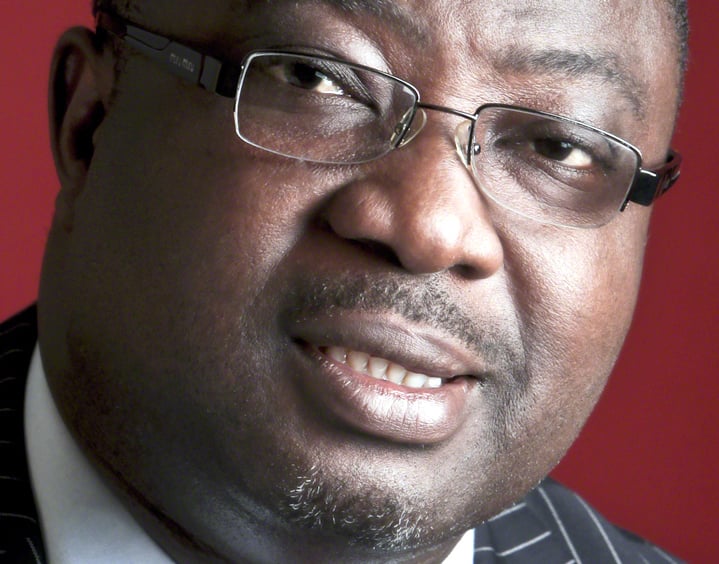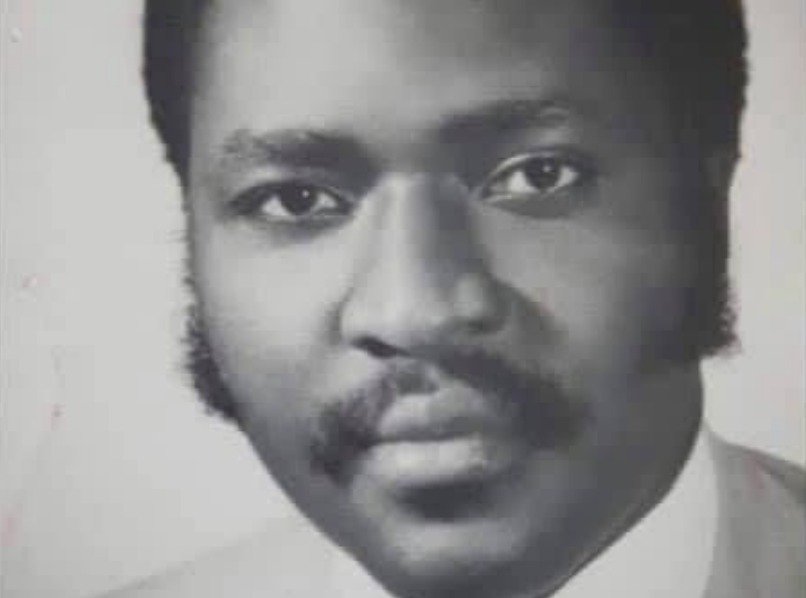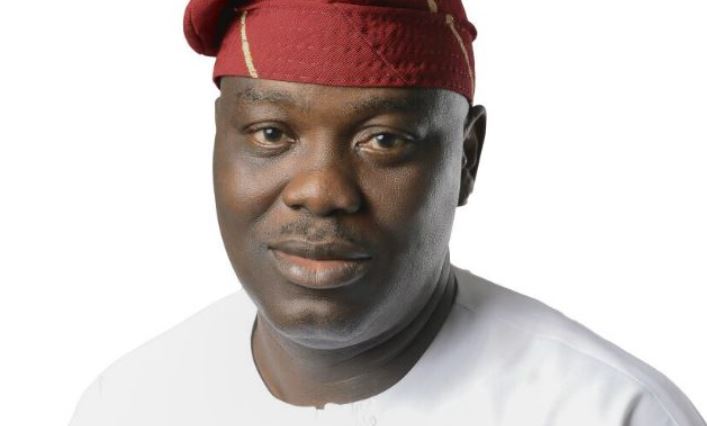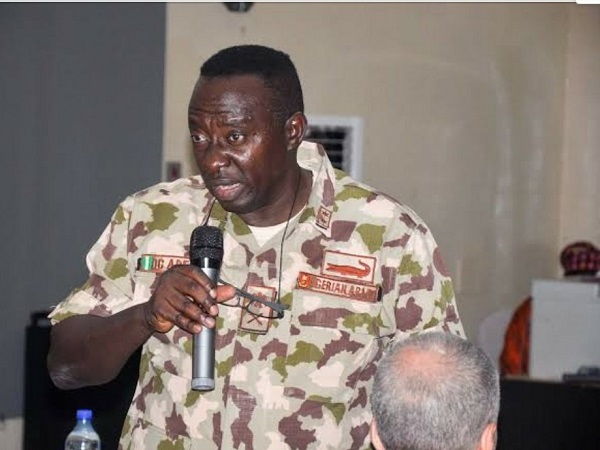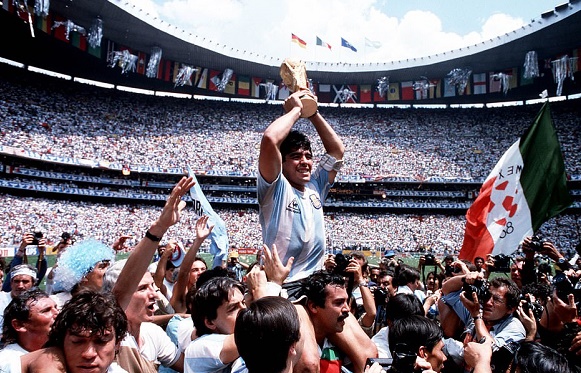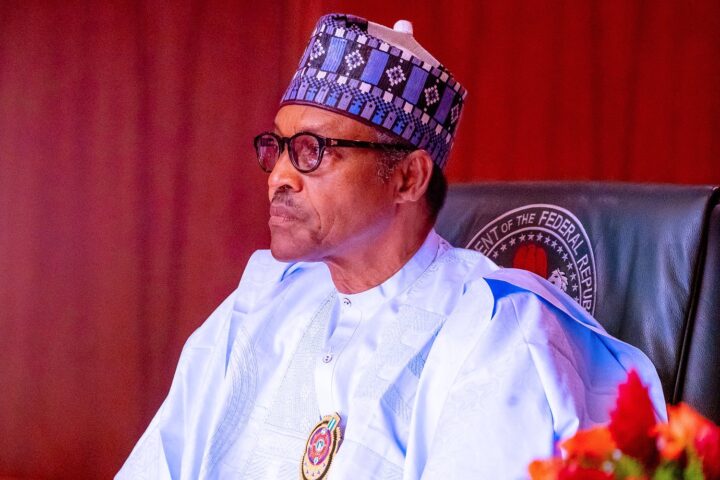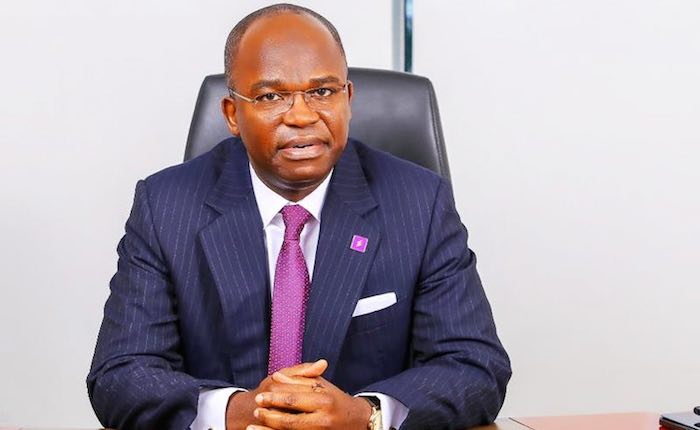The death of accomplished journalist and former Editor of Sunday Times, Mr. Gbolabo Ogunsanwo, last weekend in Lagos, represents yet a further depletion of the rank of veterans who honed their craft in the halcyon days of journalism in Nigeria. The journalism community is still struggling to come to terms with the news and circumstances of his death. That is understandable. He represented the very best in the pen-pushing profession. His writing style was elegant, and his prodigious talent clearly stood him apart. With regard to professional conduct, he was simply among the finest.
This is not implying that I knew the late Oga Ogunsanwo deeply. Neither can I claim to have interacted with him in any way on the job. But you actually did not need to have met him personally to have a sense of his exploits and accomplishments in journalism. He was that editor under whose watch the Sunday Times sold close to a million copies every Sunday. I also read a few of his articles. The one that I easily recall was titled, “The Babangida in All of Us,” which was essentially a psychoanalytical chronicle of the Marchiavellian tactics of Nigeria’s former military president, General Ibrahim Babangida, while in office. He surmised that such survivalist instincts existed in all of us.
As earlier indicated, I did not encounter Ogunsanwo on the job, or at the Daily Times where I spent a decade as a journalist. He had left by the time I enlisted in 1991, a period I consider a part of DTN’s apogee that he truly represented.
I can speak emphatically of late Ogunsanwo’s warmth and humaness. As anyone who knew him will attest, these were unmistakable traits that he embodied. Indeed, he accorded respect to everyone.
Advertisement
I encountered him at his trying times, when he was down and vulnerable like any of us could be. He related to me like a friend and brother, though the gulf in age and experience between us was evident. He was battling an ailment in his leg. Oga Ogunsanwo called me on the telephone and I reached out to H.E. Asiwaju Bola Tinubu at his behest.
Introducing the issue, I told Asiwaju that Mr. Ogunsanwo, “that fine journalist under whom Sunday Times sold about a million copies every week is ailing and needs urgent assistance.” But he was at his sarcastic best. “You want to introduce Gbolabo to me. I know him more than you do,” he responded. I later put Ogunsanwo on the line to speak with Asiwaju, during which he explained that the problem with his leg stemmed from an affliction. Asiwaju asked him to subject the leg to proper medical examination and treatment, noting that the problem could be gangrene.
This conversation took place well over two years ago. Ogunsanwo had become a clergyman, indeed, a pastor of the Redeemed Christian Church of God. At a time, he shuttled between Nigeria and South Africa. He reckoned that his trouble arose from a spiritual attack. Ogunsanwo later acquiesced to the idea of subjecting the leg to medical scrutiny. By this time, the condition of the leg had terribly worsened. He said he would like to travel to the United States for the treatment, which, of course, entailed some substantial amount. Asiwaju offered his rather generous support, and instructed that I drew Governor Ambode’s attention to Ogunsanwo’s plight. The governor also assisted him with a hefty sum. This was well over two years ago.
Advertisement
He returned from the US and informed me that the leg was finally amputated. The news left me utterly devastated. But Ogunsanwo remained his strong, sharp, cheerful and witty self. He was managing his situation well. Often times, he would call to share with me an interesting article, an idea or a news item concerning my principal. On one occasion after reading an article I had written, he humoured me, saying he never knew some masters of prose writing were still around.
We had not talked for a while, until some two weeks ago when he called to inform me the other leg had also become infected, and that he had suffered a stroke. It was shocking. He was still in his elements. That deep and penetrating voice remained unbroken. I was hoping and praying for some divine intervention when the worst happened.
Many have noted that Ogunsanwo died in silence. That may be correct. He bore his vicissitude quietly. That could never be a fitting end to someone with such a glittering career. It was, however, a choice he made. One could sense his pain in the inevitable decision to externalise his problem. This spoke volumes about his character and nature, which might be summed up as a disinclination to burden others with his own challenges. But this was a serious medical situation that could no longer be handled discreetly. A day before he died, I understood he was rushed to a federal hospital in Lagos. There was no bed to admit him. So, he was given blood transfusion outside. The dysfunctional system about which he had written for years, and craved its improvement had failed him.
Ogunsanwo’s death calls attention to two crucial issues. The first is that paying attention to our health, as journalists, remains expedient. Some would say that the appalling condition of service makes this goal barely feasible. They would be right. Nonetheless, we must never lose sight of that health imperative as we tirelessly chase the news. The other is on the parlous state of public health in Nigeria, which was further made apparent by the COVID-19 pandemic. Governments must do all that is necessary to shore up health facilities in the country to help our people. This is part of the raison d’etre for governments everywhere.
Advertisement
Oga Ogunsanwo will be deeply missed by all those who knew him, or encountered him. The journalism profession will miss an illustrious son who wielded the pen as a mark of honour and privilege. May his soul rest in the bosom of the Lord. And may the journalism profession be blessed with more of his ilk.
I round off this tribute to a great man, fittingly, with excerpts from Maya Angelou’s poem, “When Great Trees Fall”:
When great souls die,
the air around us becomes
Advertisement
light, rare, sterile.
We breathe, briefly.
Advertisement
Our eyes, briefly,
see with a hurtful clarity.
Advertisement
Our memory, suddenly sharpened,
examines, gnaws on kind words
Advertisement
unsaid, promised walks never taken.
Rahman, former editor of THISDAY on Sunday Newspaper, is media advisor to Asiwaju Tinubu.
